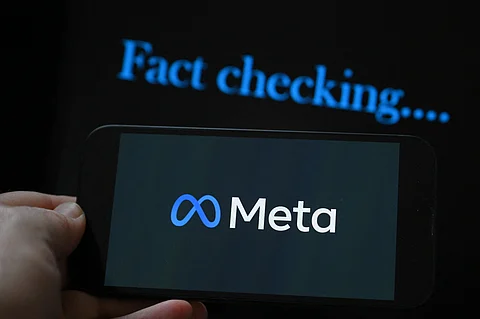
- NEWS
- the EDIT
- COMMENTARY
- BUSINESS
- LIFE
- SHOW
- ACTION
- GLOBAL GOALS
- SNAPS
- DYARYO TIRADA
- MORE

Brasília, Brazil — Social media giant Meta has reassured Brazil that its decision to end independent fact-checking programs applies only to the United States “at this time.” The company’s statement comes in response to a 72-hour deadline imposed by Brazil’s Attorney General’s Office (AGU) demanding clarification of its fact-checking policy.
Meta stated, "We are ending our independent fact-checking program in the United States only, where we will test and refine Community Ratings before considering any expansion to other countries."
Brazil, a country with over 200 million people, expressed “serious concern” over Meta’s response. The Attorney General’s Office noted that representatives from the justice ministry, human rights ministry, and the presidency’s communication arm are analyzing the statement. Decisions on next steps will follow a comprehensive review.
Meta’s move to halt US fact-checking has raised alarms worldwide, especially in countries like Brazil, where disinformation remains a significant challenge. Critics fear this policy shift could expand to other regions, potentially undermining efforts to combat misinformation.
Meta announced last week that it would end US fact-checking due to claims of political bias and censorship, a decision widely seen as an effort to appease President-elect Donald Trump. His conservative base has long criticized fact-checking as a suppression of right-wing views.
The International Fact-Checking Network has warned of “devastating consequences” if Meta extends its decision to its programs in over 100 countries. These programs are crucial in combating the spread of disinformation on platforms like Facebook, Instagram, and Threads.
Brazil’s government has not ruled out legal or judicial measures if Meta’s actions are deemed harmful. Meanwhile, global observers remain watchful of how Meta's policy evolution may affect international efforts to curb online disinformation.
